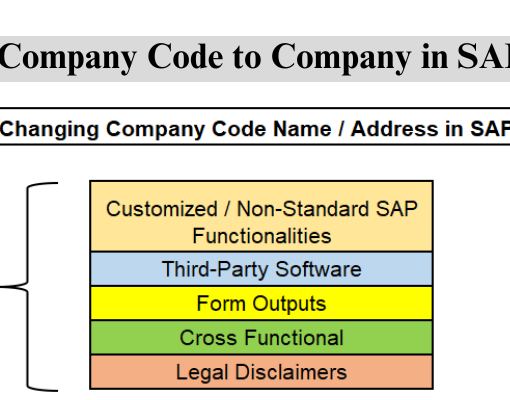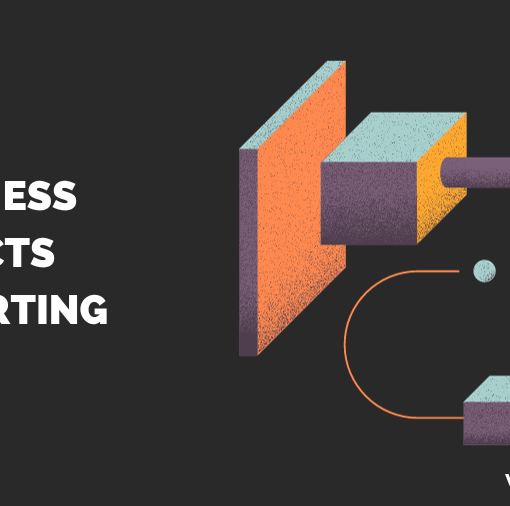The world is drowning in data, and data science professionals are the superheroes with the tools to navigate this deluge. They extract valuable insights, build models to solve complex problems, and ultimately, unlock the power of information. But if you’re aspiring to join this coveted league, you might be wondering: what exactly does a data science syllabus entail in 2024? what is the latest Syllabus Of Data Science in 2024?
This blog post is your one-stop guide to understanding the core data science curriculum, emerging trends, and essential skills you’ll need to master in today’s data-driven landscape.
Foundational Pillars: The Bedrock of Data Science Expertise

A strong data science syllabus starts with a solid foundation in these key areas:
- Statistics and Probability: This forms the backbone of data analysis. You’ll delve into concepts like hypothesis testing, central tendency, and statistical inference, equipping you to draw meaningful conclusions from data.
- Mathematics: Linear algebra, calculus, and multivariable calculus become your secret weapons for understanding machine learning algorithms, data modeling, and optimization techniques.
- Programming: Python reigns supreme in the data science realm. You’ll master libraries like NumPy, Pandas, Matplotlib, and scikit-learn to manipulate data, perform calculations, and create stunning data visualizations.
Bonus Tip: Don’t underestimate the power of SQL. This database querying language is instrumental for retrieving and managing data stored in relational databases.
Core Data Science Curriculum: Unveiling the Magic
Once you’ve built your foundational knowledge, the syllabus dives into the heart of data science:
- Machine Learning (ML): This field empowers computers to learn from data without explicit programming. You’ll explore various ML algorithms like linear regression, decision trees, and random forests, gaining the ability to make predictions, identify patterns, and unlock hidden insights.
- Data Wrangling and Cleaning: Raw data is rarely perfect. This module equips you with the skills to tackle messy datasets – handling missing values, identifying outliers, and transforming data into a usable format for analysis.
- Data Visualization: Data storytelling is an art, and data visualization is your paintbrush. You’ll learn to create compelling charts, graphs, and dashboards that effectively communicate insights to both technical and non-technical audiences.
Cutting-Edge Trends Shaping the Data Science Landscape
The data science domain is constantly evolving, and a well-rounded syllabus reflects these advancements:
- Deep Learning: A subfield of ML inspired by the structure and function of the human brain, deep learning excels at handling complex data like images, text, and audio.
- Natural Language Processing (NLP): This fascinating area bridges the gap between computers and human language. You’ll learn to extract meaning from text data, enabling tasks like sentiment analysis, machine translation, and chatbot development.
- Big Data Analytics: The ever-growing volume of data requires specialized tools and techniques. You might explore frameworks like Hadoop and Spark to process and analyze massive datasets efficiently.
- Cloud Computing: Cloud platforms offer on-demand access to computing resources, making it easier to store, process, and analyze large datasets. Understanding cloud platforms like AWS, Microsoft Azure, and Google Cloud Platform (GCP) is becoming increasingly valuable.
- Data Ethics and Privacy: As data becomes more pervasive, ethical considerations are paramount. You’ll learn about responsible data collection, usage, and potential biases to ensure your work upholds ethical standards.
Beyond the Syllabus: Cultivating Well-Rounded Expertise
While the syllabus provides a roadmap, becoming a successful data scientist requires more:
- Problem-Solving: Data science is all about solving real-world problems using data. Hone your critical thinking skills to approach challenges creatively and identify the most effective data-driven solutions.
- Communication: Data insights hold little value if they’re not effectively communicated. Develop strong communication skills to explain complex concepts to both technical and non-technical audiences.
- Domain Expertise: While core data science skills are crucial, having a deep understanding of a specific industry (e.g., healthcare, finance) allows you to tailor your analyses to address that domain’s unique challenges.
- Continuous Learning: The data science landscape is ever-changing. Embrace a growth mindset and stay updated on the latest advancements, tools, and techniques.
Conclusion: Charting Your Course to Data Science Success
The data science syllabus equips you with the technical knowledge and skills to thrive in this exciting field. However, remember that data science is more than just coding and algorithms. By fostering strong problem-solving, communication, and domain expertise, you’ll be well on your way to becoming a data science rockstar who can unlock the true power of data.




